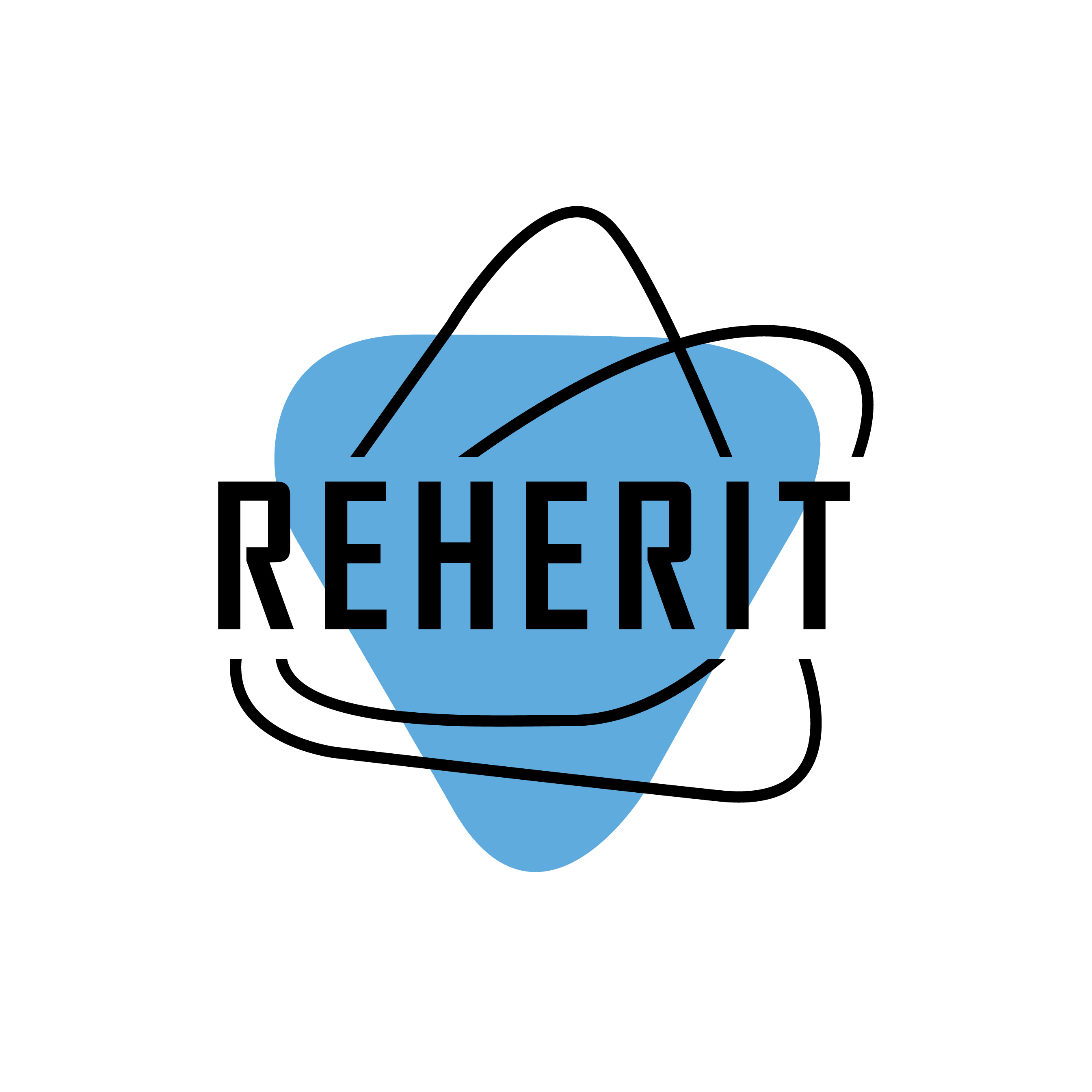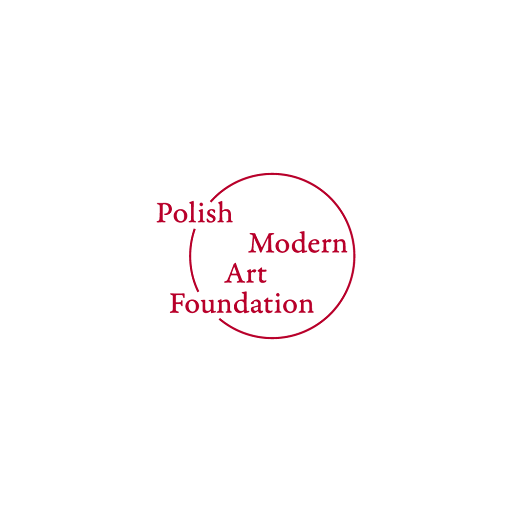For Reconstruction: Global Experience of Building Revitalization
Adaptive reuse should become the key to Ukraine’s post-war reconstruction based on its heritage — expanding the opportunities of local communities and their sense of place, promoting inclusivity and diversity, and helping preserve human stories and past experiences as a fundamental foundation for future sustainable development.
The best way to preserve heritage is through its sustainable use. How can we breathe new life into abandoned buildings? How can we find new functions for neglected spaces? What funding opportunities exist for such processes beyond tourism and public financing? How can the interests of communities and businesses be balanced in these projects? What should be done with complex or “dark” heritage — does it have the right to development and a future beyond the museum format?
The texts presented here invite readers to explore European experience in this field — both through concrete examples of heritage sites that have been given new life and through analyses of national, regional, and urban policies. These texts were created within the framework of the project “Open Heritage” (2018–2022), supported by the European Union’s Horizon 2020 research and innovation program (grant agreement No. 776766).
The translation and publication of these materials on the website are part of the project “Heritage for Reconstruction: Best Practices and Policies of Adaptive Heritage Reuse” by the Center for Urban History, supported by the Stabilization Fund for Culture and Education 2022 of the German Federal Foreign Office and the Goethe-Institut.



